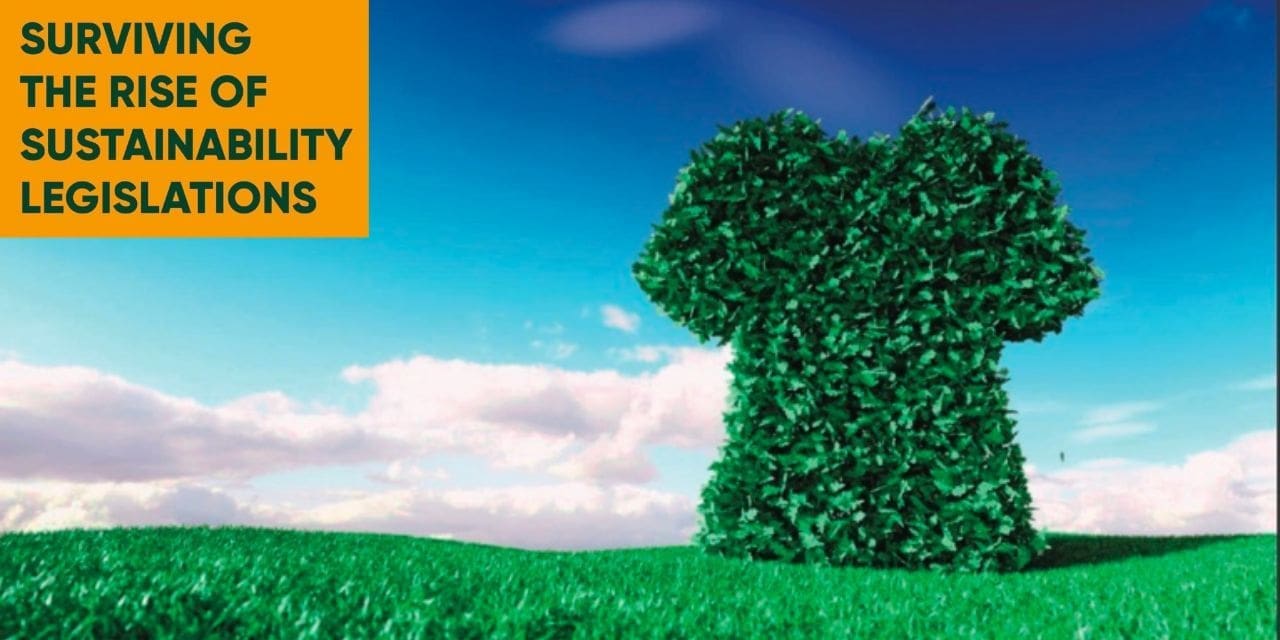Sustainability has shifted from being a buzzword to a necessity. The textile industry, known to be one of the largest polluters, is also shifting gears to become more sustainable. There is a constant pull from the consumers’ end for brands and manufacturers to adopt sustainable practice and reduce waste. The trends of thrifting and second-hand shopping are thus gaining momentum in the developed markets. Fashion brands are also trying to keep up their sustainability game, to reap the dual benefits of attracting aware consumers and saving the planet.
However, now sustainability has stretched beyond the fashion brands and the consumers, with policymakers also pushing the value chain to adopt sustainable practices. Legislations are under discussion globally to make sustainability norms mandatory. European Union has taken the lead and published “EU Strategy for Sustainable and Circular Textiles”. The document lays out a comprehensive framework to adopt sustainable practices in textile production, distribution and consumption.
Wazir Advisors is going to release its report “Surviving the Rise of Sustainability Legislations” next week that evaluates the impact of such legislations for an exporting country like India. The report will have a detailed account of the emerging trends as well as the action plan for the Indian suppliers that will help them survive this wave of sustainability legislations.

